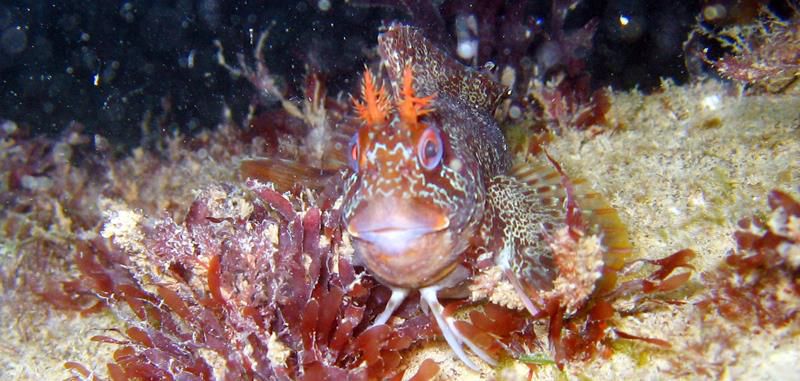Sussex IFCA News Release
Sussex seas are better protected now thanks to the work of fisheries managers the fishing sector and the wider community. Working at a local level with the community to find solutions, Sussex Inshore Fisheries and Conservation Authority (IFCA) has brought in management for commercial and recreational fisheries to achieve real benefits for wildlife in our seas. All current and future fisheries management for designated marine sites will sit within the new Sussex IFCA Marine Protected Area Byelaw. Marine Conservation Zones (MCZs) are one type of designated marine site and protect our diverse species and habitats in the blue belt around the English Coast. This contributes significantly to an ecologically coherent, well managed, marine protected area network. There are presently fifty MCZs around England, five of which are in the coastal waters of the Sussex IFCA District. These include Kingmere, Beachy Head West, Pagham Harbour, Utopia and part of the Offshore Overfalls site. They protect a range of wildlife such as chalk reefs, seahorses and black seabream nesting grounds. More sites will be designated by the UK government in the near future. Sussex IFCA has worked in partnership with Natural England to identify the best management for important habitats and species in the blue belt around our coast.
Tim Dapling, Sussex IFCA’s Chief Fisheries & Conservation Officer says:
“Sussex seas are spectacularly rich in marine life and the Authority is committed to ensuring the protection of their unique biological diversity. In addition to introducing controls on fishing activities such as trawling that may threaten protected marine species and habitats within Sussex Marine Conservation Zones, the Authority has introduced measures for intertidal areas intended to maximise species abundance and healthy habitats. Within Beachy Head West Marine Conservation Zone two highly protected intertidal areas known as educational zones allow the community to have access to a marine environment afforded with a unique level of protection”
Sean Ashworth of the IFCA says:
“We have listened to all the different views of the community and built fisheries management that protects the blue belt and accommodates social and economic activity. We are sure that our management will allow legitimate commercial and recreational fishing whilst looking after Sussex’s marine wildlife interest.”
Erin Lawes of the IFCA says:
“The management of our fisheries within these sites will make a vital contribution to the creation of a well-managed ecologically coherent network of MPAs around the UK coast. This network, supported by wider environmental management measures, will promote the recovery and conservation of marine ecosystems, and therefore help support sustainable fisheries and wildlife.”
 Sussex Tompot Blenny © Sussex Seasearch, image taken by Gerald Legg
Sussex Tompot Blenny © Sussex Seasearch, image taken by Gerald Legg







